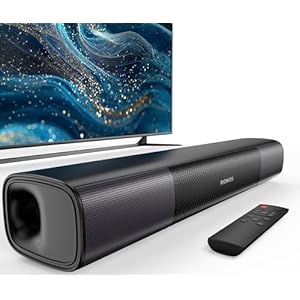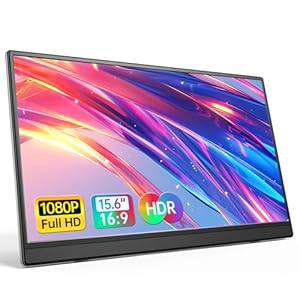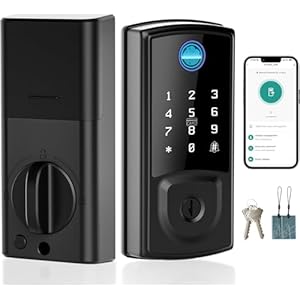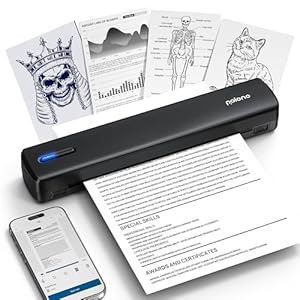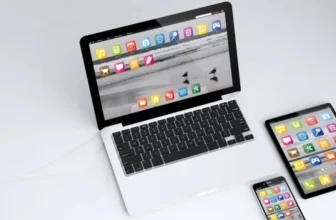
When venturing into the realm of business laptops, you’ll find yourself navigating a myriad of options promising performance, security, and portability. But how do you decipher which features are truly indispensable for your professional endeavors? Before you make a decision that could significantly impact your work efficiency, consider the intricate dance between power, protection, and practicality that a business laptop must perform. By exploring the nuances of these essential elements, you can unravel the mystery behind selecting a device that seamlessly integrates into your workflow, ensuring productivity without compromise.
Key Factors to Consider
When selecting a business laptop, prioritize performance, durability, and portability to meet your professional needs effectively. Performance is crucial for handling demanding tasks smoothly. Look for laptops with powerful processors and sufficient RAM to ensure seamless multitasking.
Additionally, consider the durability of the laptop. Opt for models with sturdy construction and reliable build quality to withstand the rigors of everyday use, especially if you’re frequently on the go.
Portability is another key factor to consider. Choose a laptop that strikes a balance between being lightweight and compact without compromising on essential features. This will make it easier for you to carry your laptop between meetings or while traveling.
Performance and Specifications
To ensure optimal functionality and efficiency in your business laptop, carefully assess its performance and specifications. Start by considering the processor. Look for a modern processor like an Intel Core i5 or i7 for smooth multitasking and speedy performance. RAM is crucial too; aim for at least 8GB for seamless operation of multiple applications. Storage is another vital aspect. Opt for a Solid State Drive (SSD) over a Hard Disk Drive (HDD) for faster boot times and data access.
Graphics capabilities are significant if your work involves design, video editing, or gaming. A dedicated graphics card will enhance performance in these tasks. Display resolution and size impact your viewing experience. A Full HD display is recommended for clarity, while a 13 to 15-inch screen strikes a balance between portability and usability.
Lastly, connectivity options such as USB ports, HDMI, and Thunderbolt are essential for peripheral connections. Evaluate battery life as well, ensuring it meets your daily usage requirements. By carefully examining these performance and specification factors, you can select a business laptop that aligns with your professional needs.
Security and Data Protection
Consider how safeguarding your sensitive business data and ensuring the security of your laptop are paramount when selecting a device for your professional needs. When choosing a business laptop, prioritize models equipped with features like biometric authentication, such as fingerprint scanners or facial recognition, to bolster security. Encryption tools, such as BitLocker for Windows or FileVault for Mac, are essential for protecting your data in case of theft or loss.
Another crucial aspect to consider is the inclusion of security patches and updates. Opt for laptops that receive regular security updates from the manufacturer to shield against emerging threats. Additionally, built-in privacy screens or webcam covers can prevent unauthorized access to your device and maintain confidentiality during sensitive discussions.
For enhanced data protection, evaluate laptops with robust firewall software and malware protection. Investing in a laptop with remote data wiping capabilities can offer peace of mind in the event of a security breach. Prioritizing security features ensures that your business information remains safe and secure, safeguarding your professional reputation and sensitive data.
Design and Portability
Prioritize a sleek and lightweight design for optimal portability when selecting a business laptop that suits your professional needs. Look for laptops that are thin and easy to carry around, especially if you travel frequently for work. A slim design not only enhances portability but also gives a professional look during client meetings or presentations.
Consider the weight of the laptop as well. Lighter laptops are more convenient to carry, whether you’re moving between meetings or commuting to the office. A lightweight laptop can prevent strain on your shoulders and back, making it more comfortable to work on the go.
Additionally, pay attention to the build quality of the laptop. A durable chassis can protect your device from damage, ensuring longevity. Opt for materials like aluminum or carbon fiber for a sturdy yet lightweight construction.
Trending Products

